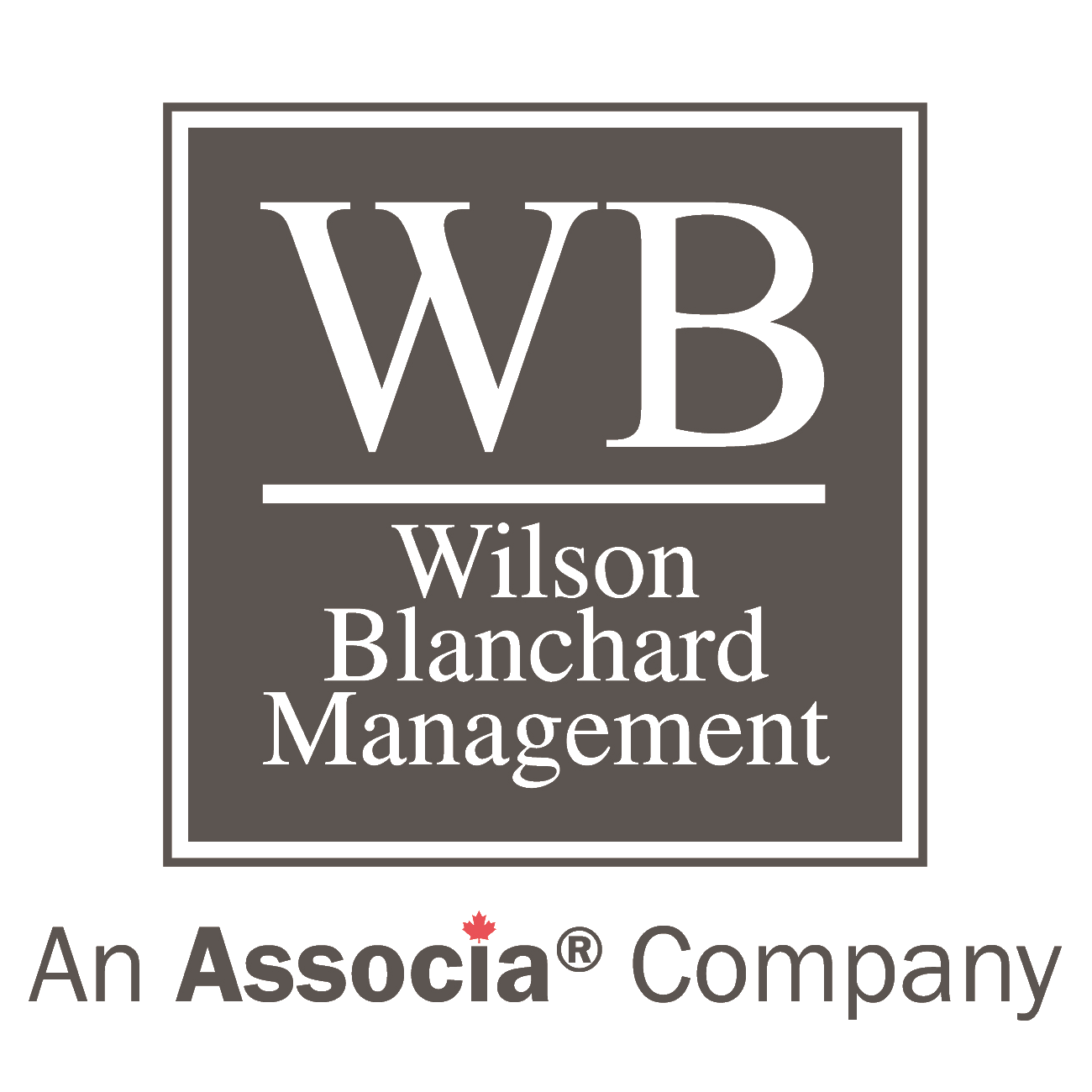How to Find the Right Lawyer for Your Community
(Original article posted on the WB Digital Newsletter Stream)
As a board member, you have the fiduciary responsibility to act in the best interest of your condominium corporation. And in doing so, it’s in the best interest of the community and condominium corporation to retain a lawyer to offer advice and carry out the board’s directive.
As an advisor and advocate for the board, you’ll want to engage your lawyer proactively to recommend a specific course of action, review proposed policies before adoption, and review contracts. As an advocate, your lawyer may need to represent you in legal proceedings either to promote the community’s interest, such as in a collections matter, or in your defense if a lawsuit is filed against the organization. Here are some tips to help you find the right lawyer for your community.
Reach out to ACMO or your local CCI chapter.
In some areas, it can be difficult to find a lawyer with condominium expertise. A good place to start is with the Association of Condominium Managers of Ontario (ACMO) or your local Canadian Condominium Institute (CCI) chapter. Their websites typically include a service directory, where you’ll find a list of local condominium lawyers you can further research.
Make sure they specialize in your type of community.
First and foremost, it’s important to find a lawyer that practices condominium law, as condo communities have unique challenges not faced by other real estate developments. And though you may find that condominium lawyers understand the general interests of community associations; when it comes to the specialized attention your specific style of community deserves, it would be prudent to find a lawyer that has a clear understanding of that specific type of community. It’ll save them time researching your particular needs and issues, and, in return, save you money.
Start with a budget and discuss your expectations.
Be upfront about your budget and discuss rates. Will the lawyer bill by the hour or by the service provided? Lawyers are important advisors to major organizations, and their costs usually reflect their level of expertise. But it’s okay to question what they can bring to the table and to discuss what you expect from them. Setting clear budget expectations from the start will establish financial guideposts for the relationship and help build more effective communication.
Find someone you’re comfortable with.
When you’re interviewing lawyers, start with an open dialogue. You shouldn’t be afraid to seek out your counsel’s advice or feel discouraged from asking questions. While a condominium’s lawyer may try to guide the board through important decisions relative to legal exposures, you should address anything you feel unsure about. Your lawyer should be able to confidently back their legal guidance with regulatory facts and varied experience.
Look at credentials and seek out testimonials.
A legal firm’s website should always include a bio page, where you can check out a lawyer’s education and credentials. You may also consider reaching out to friends and family for recommendations, as they might be your most valuable resources for both positive—and negative—feedback.
Lawyer Insights on COVID-19 Regulations
The challenges that communities are facing due to the COVID-19 pandemic are unprecedented. With the amount of uncertainty and the ever-changing regulations in response to the pandemic, communities still have many questions. At Associa, we’ve partnered with leading lawyers from impacted communities across Canada and the U.S. address how the current crisis affects governance, operations, and more. Read our ebook, “10 Answers to the Most Frequently Asked COVID-19 Questions,” to find helpful legal insights on COVID-19 regulations. Also visit our Coronavirus (COVID-19) Resources for Condominium Communities page for regularly updated information.
Seeking and following the guidance from a lawyer will not only reduce a lot of the board’s angst and effort, but it will also usually reduce the risk associated with many of the decisions made by the board. In turn, this will lead to a more efficiently and productively run organization, and ultimately a better, more cohesive community with higher values for the homeowner.
